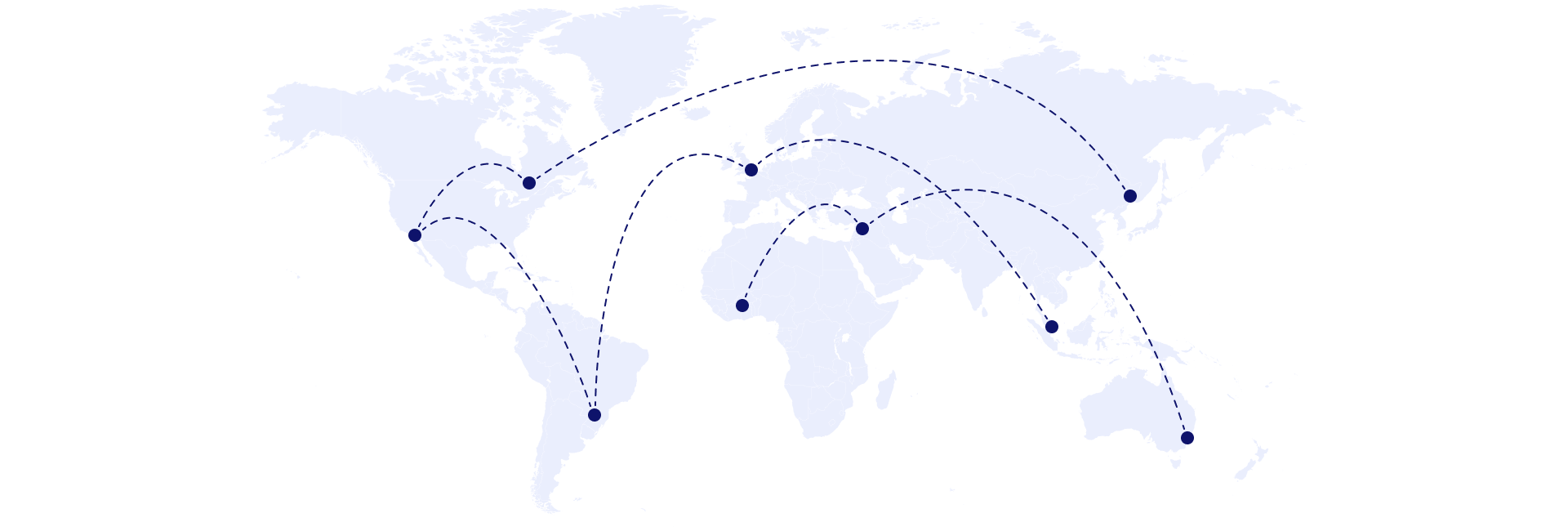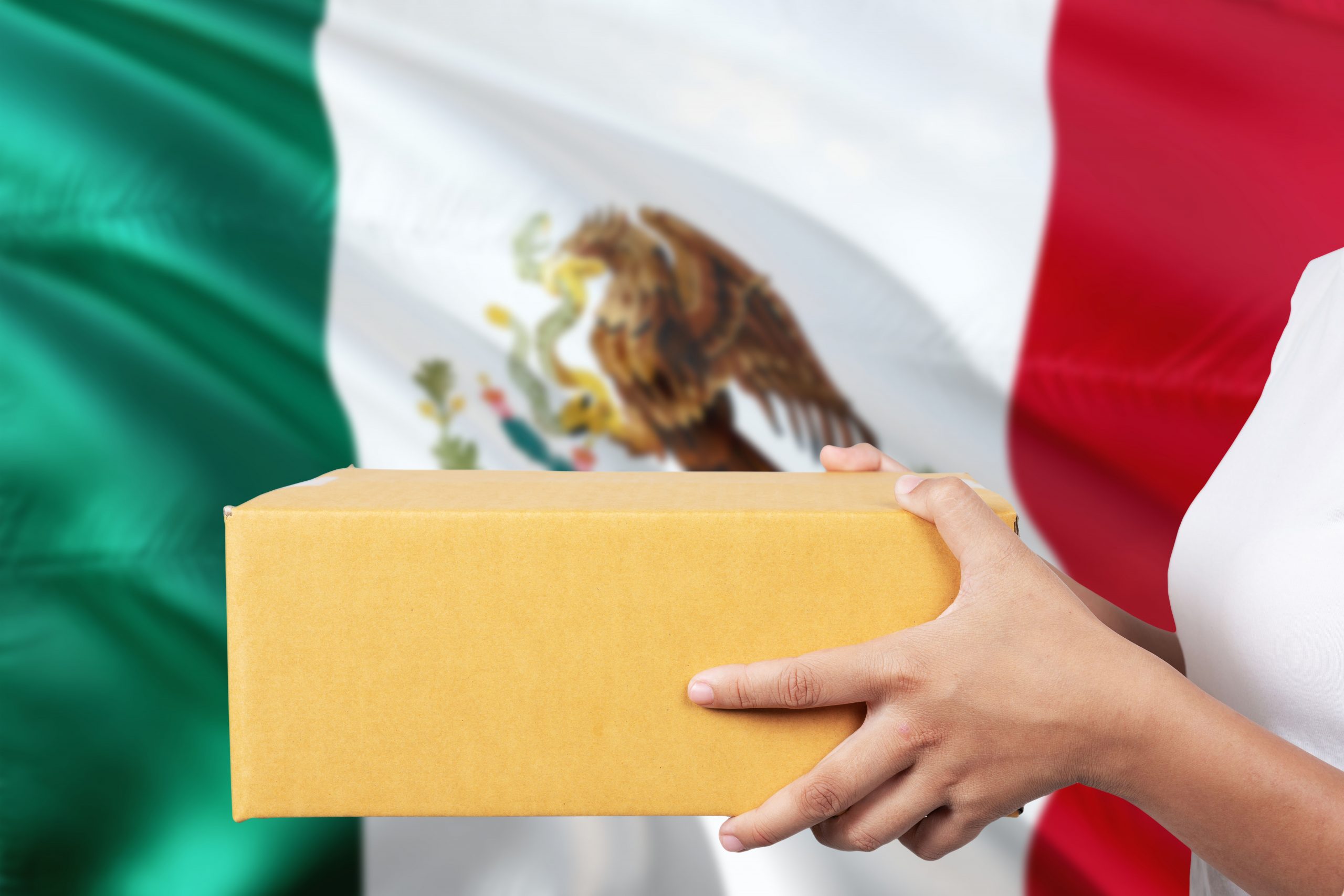
International transactions are complicated, expensive and unreliable — or are they? Cross-border transfer myths abound: secure payment services are expensive, for example, or only available via your bank. If you need to make cross-border payments but don’t know where to start looking for a reliable provider, you’re in the right place.
We’ll open this guide with a myth-busting section, and follow with typical strategies fintechs use to reduce risk online. Finally, we’ll take you through a list of payment provider 'must haves' to help you choose the right financial partner.
International payments myths and truths
Are international payments a major hassle? Do they get lost in transit or frequently end up in the wrong bank accounts? Let’s unpack some of the most common cross-border transaction myths.
Myth 1: International transactions are expensive
The costs associated with international transactions vary depending on the method you choose. Bank fees can be expensive and opaque; fintech currency transfer fees may be cheaper in comparison. Before you send money overseas, shop around for a great rate.
Myth 2: You have to be an expert to get a good deal
Nowadays, it’s easier than ever to compare currency transfer offers online. Comparison sites and on-site provider tools make calculations simple, so that you can choose a transfer partner quickly and efficiently. If you get stuck, you can ask a currency transfer expert for help.
Myth 3: You can predict the currency market
Trends certainly occur in currency markets, but patterns tend to emerge in the long term, rather than the short term. Currency markets do react swiftly to news reports, natural disasters and even social media posts, however. To minimise risk, ask your potential transfer partner if you can lock in exchange rates for months, rather than days.
Myth 4: Currency exchange is complicated
International transactions don’t have to be time consuming or complicated. The first time you initiate a transaction, you will need to submit specific paperwork, but after that, transfer requests usually proceed smoothly.
Security strategies for fintechs
Numerous security options exist for fintechs. One of the most well-known initiatives — and this is essential for eCommerce merchants, too — is the Payment Card Industry Data Security Standard. Another is the Payment Services Directive 2 in Europe. Finally, each country has its own regulatory authority.
What is Payment Card Industry Data Security Standard compliance?
Payment Card Industry Data Security Standard compliance – or PCI DSS compliance, for short – is a security initiative for companies that handle credit card payments. PCI DSS compliance certificates are handled by the Payment Card Industry Security Standards Council, and they’re mandated by all major credit card companies.
PCI compliance is an essential security measure – it’s not an optional feature. Avoid currency transfer companies that aren’t PCI compliant, because they may not have security features in place to prevent data theft.
What is Payment Services Directive 2?
Payment Services Directive 2 – or PSD2 – is a European directive intended to make payments safer and more secure. PSD2 also promotes innovation and encourages digital transformation in the financial sector. In a nutshell, PSD2 standards allow Third Party Payment Services Providers (TPPs) to use Payment Initiation Services (PIS), providing they obey the same rules as traditional payment providers.
To become PSD2 compliant, currency transfer companies have to register with financial or legislative authorities, gain relevant authorisation, and agree to official supervision. Companies also have to use Strong Customer Authentication (SCA) – in other words, multi-factor authentication. In practical terms, that can mean logging into your currency transfer account with a password and a two-factor authentication app.
What to look for in an online payment service
The best currency transfer companies have a number of important things in common. Let’s examine a few of the most vital features to look out for:
- Robust security features: Providers like WorldFirst are both PCI and PSD2 compliant, so data remains secure.
- Great customer service: Make sure the company answers questions promptly and has a good customer service record.
- Competitive exchange rates: Before signing on the dotted line, make sure the transfer provider’s exchange rates are reasonable.
- Accounting software integration: Go for a provider with Xero (or similar) integration to make accounting easier.
Easy online payments with WorldFirst
Cross-border transfers sound like risky business, but in the right hands, transactions can go off without a hitch. When fintech companies use best-in-class security measures like full PCI compliance to protect consumer data, currency transfers can happen quickly and efficiently.
Working with a partner such as WorldFirst, which is regulated by ASIC, can help you streamline and centralise your incoming and outgoing transactions. To learn more about WorldFirst, including as-standard PCI compliance, contact us via phone, email or live chat.
Reach global suppliers and pay at speed
- Make secure international payments at speed
- Protect against adverse currency fluctuations
- Pay securely in multiple currencies

You might also like
Insights from WorldFirst cover the latest FX news, top accounting tips, strategies to mitigate risk and key industry trends. Choose a category below to find out more.
Businesses trust WorldFirst
Since 2004, more than 250K businesses have utilised WorldFirst to send more than $160B around the world.



